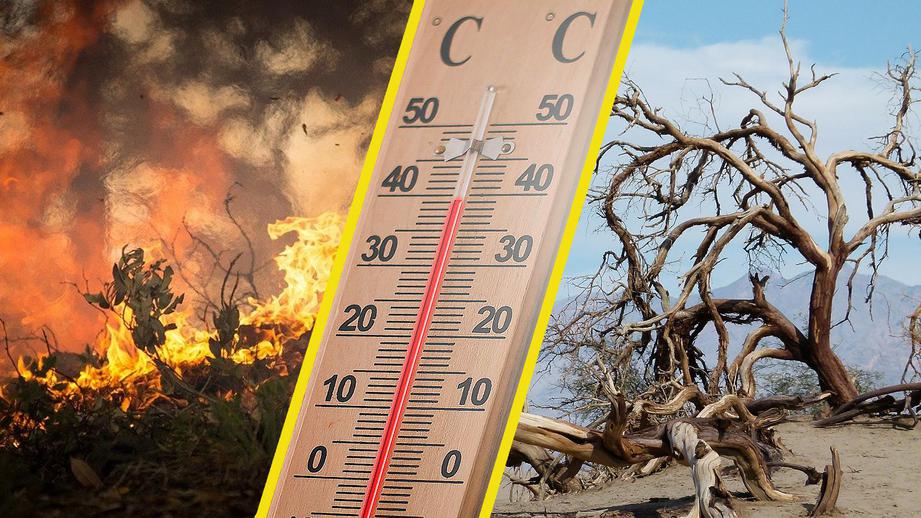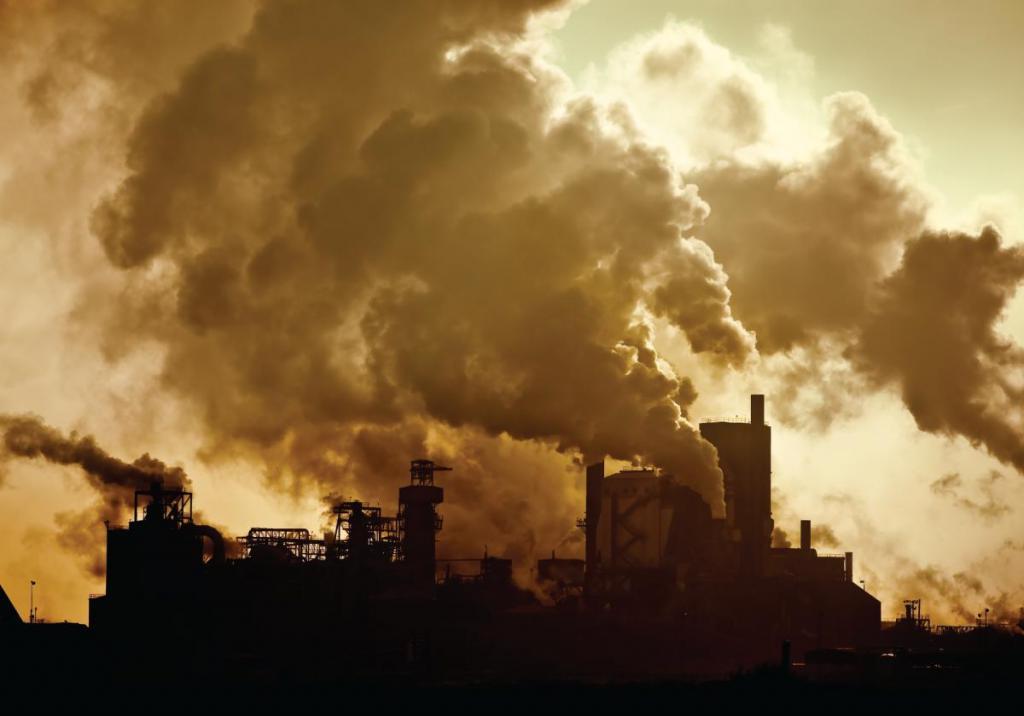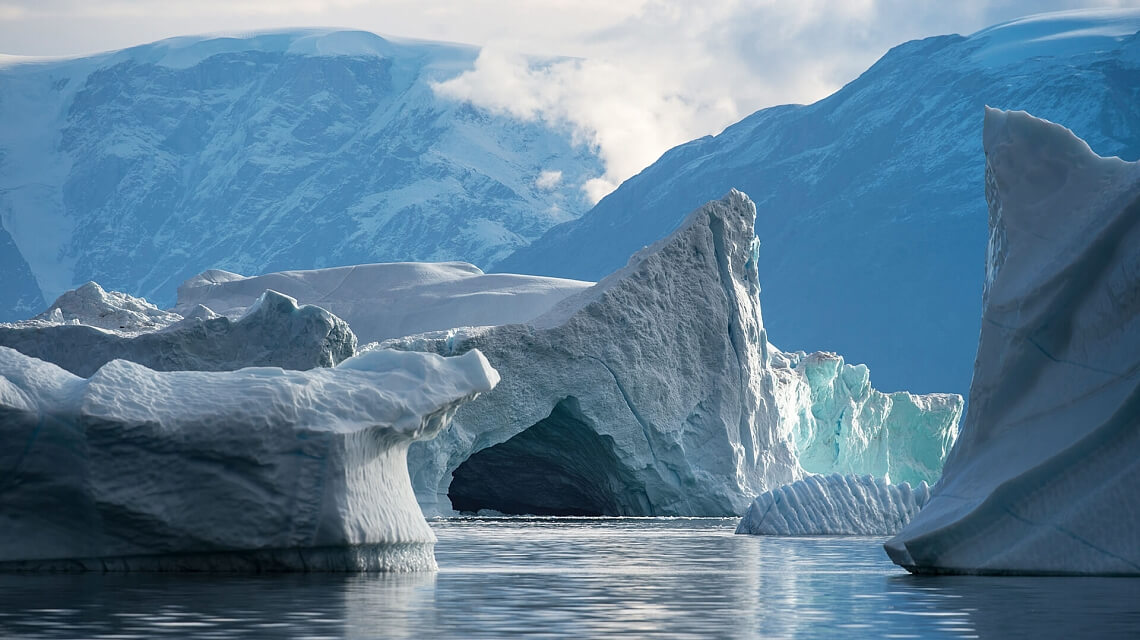The last time carbon dioxide levels on our planet were as high as today was more than 4 million years ago. From atmospheric CO2 and sea level rise to global warming and air pollution. Here are 6 interesting climate change facts that most people are not aware of.
The Ocean Absorbs Most of the Heat We Produce
A 2019 study found that oceans had sucked up 90% of the heat gained by the planet between 1971 and 2010. Another found that it absorbed 20 sextillion joules of heat in 2020 – equivalent to two Hiroshima bombs per second. The ocean has tremendous volume and heat-storage capacity, which is why some organisms are used to temperatures being quite stable. Of these, coral reefs are particularly sensitive to temperature levels, reason for which many are now dying off.

The Last Decade Was the Hottest in 125,000 Years
Most straightforward of our climate change facts: according to the IPCC’s sixth assessment report on the state of our climate, the past decade is likely to have been the hottest period in the last 125,000 years. For about 100,000 years, we have been oscillating between glacial (ice ages) and warmer interglacial periods like the one we currently live in. Yet, this is also the warmest multi-century period we have had in this timespan.
The vertical bar on the left shows the estimated temperature (very likely range) during the warmest multi-century period in the last 100,000 years, which occurred around 6,500 years ago during our current era called the Holocene. Only around 125,000 years ago, a time prior to the last ice age, might have had higher temperature than the ones we are currently experiencing. Each of these past warm periods were caused by slow (multi-millennial) orbital variations that are not in play today.

Air pollution Is Both Good and Bad
It was recently found that air pollution kills more than 9 million people per year. Developing hotspots in south Asia and Africa will be dealing with poor air quality for years to come, but there is a silver lining. Polluting particles, such as PM10 or PM2.5, which cause adverse health effects similar to those of cigarettes, actually reflect the sun’s heat rather than trap it. We’ve pumped enough greenhouse gases into the atmosphere to warm it by 1.5C already, but fine particles have kept it around 1.1C so far.

Attribution Is Now Possible (Extreme Weather)
We can now attribute natural disasters to human-driven climate change with certainty. This hasn’t always been the case, as a lack of data and refined techniques for detecting attribution made it hard to tell how much we had to do with each extreme weather events. We can now say with precision how much likelier we made things like the North American summer 2021 heatwave, which the World Weather Attribution says was “virtually impossible” without climate change as well as the Indian heatwave, which experts believe it was made 30 times more likely because of climate change.

We Are Losing 1.2 Trillion Tons of Ice Each Year
This item on our list of climate change facts can be hard to comprehend because we are dealing with volume beyond our comprehension. Since the mid-1990s, we’ve lost around 28 trillion tons of ice, with today’s melt rate standing at 1.2 trillion tons a year. To help you put that into perspective, the combined weight of all human-made things is 1.1 trillion tons. That’s about the same weight as all living things on earth.

Global Warming Is (Partially) Reversible
If global net emissions were entirely ceased, the warming we’ve caused would gradually reverse but other climate-induced changes would continue for decades if not centuries. For example, sea level rise would probably take millennia to reverse its course.
